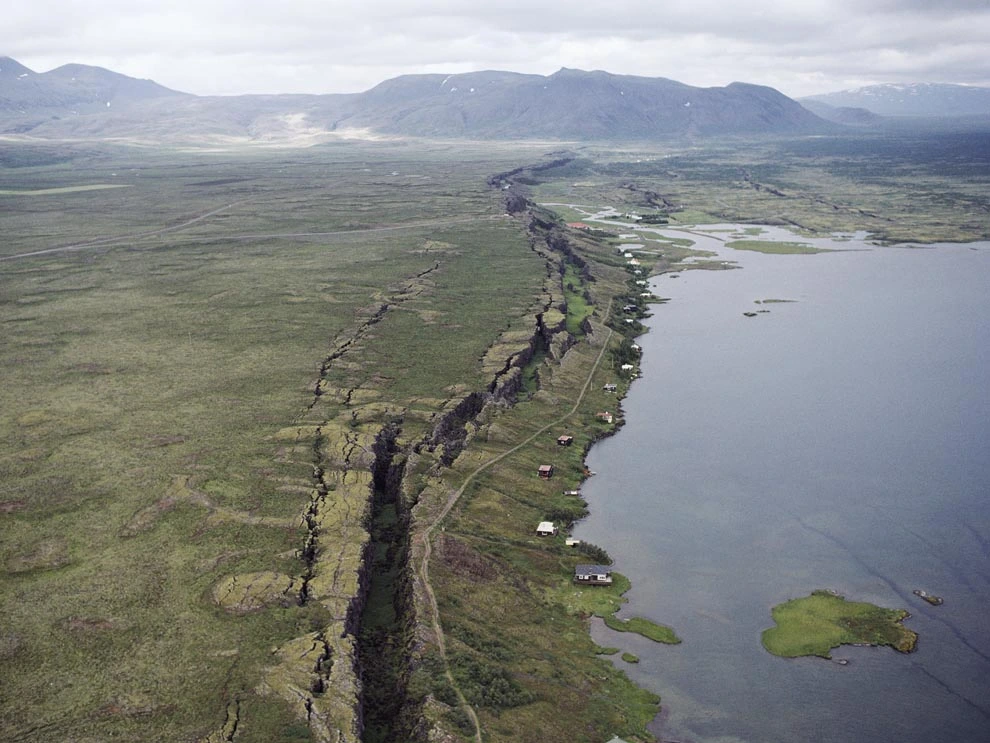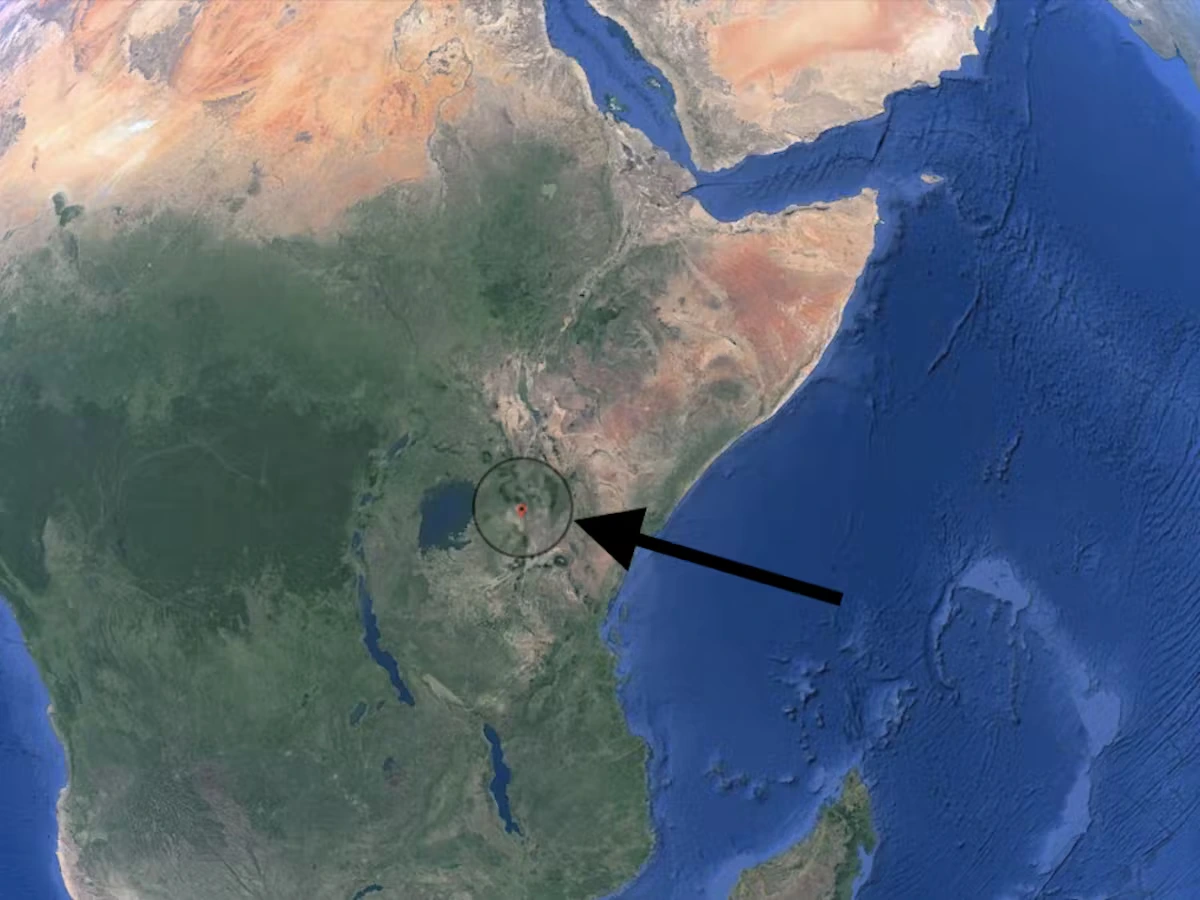Africa is known for its diverse landscapes, vast deserts, and diverse wildlife. However, the continent is now experiencing a significant geological event that will eventually lead to the creation of a new ocean. Scientists have long known that the African continent is slowly splitting into two, and the process is expected to continue for millions of years. In this article, we’ll explore the science behind this phenomenon, the potential impact it could have on the environment, and what we can expect from this rare geological event.
What is Happening to Africa?

The African continent is slowly being pulled apart by tectonic plates. The East African Rift System is a series of rift valleys that are forming in the eastern part of Africa. The rift system is caused by the movement of two tectonic plates: the African plate and the Somali plate. As the two plates move away from each other, they create a gap or a rift. Over time, this rift will continue to widen, and a new ocean will eventually form.
The East African Rift System
The East African Rift System stretches over 3,000 kilometers from the Gulf of Aden in the north to Zimbabwe in the south. It is made up of several rift valleys that run parallel to each other. The most well-known of these rift valleys is the Great Rift Valley. The Great Rift Valley is over 6,000 kilometers long and runs from Syria to Mozambique. It is the largest rift valley in the world.
The Formation of a New Ocean
The process of continental rifting can take millions of years to complete. As the two tectonic plates move away from each other, magma from the mantle rises up to fill the gap. This process creates a new oceanic crust. Over time, the new oceanic crust will cool and solidify, creating a new ocean.
What are the Potential Impacts?
The formation of a new ocean is a rare and significant geological event. It will have a profound impact on the environment and the people living in the affected areas.
The Environment
The formation of a new ocean will have a significant impact on the environment. The rift system is home to some of the most biodiverse areas in Africa. The creation of a new ocean will lead to the loss of habitats and species that are unique to the region. The new ocean will also change ocean currents and weather patterns, which will have a knock-on effect on the climate.
The People
The creation of a new ocean will also have an impact on the people living in the affected areas. The East African Rift System is home to millions of people. The formation of a new ocean will lead to the displacement of people, the loss of livelihoods, and the need for new infrastructure. However, the creation of a new ocean will also bring new opportunities for trade, tourism, and scientific research.
What can we Expect from this Rare Geological Event?
The creation of a new ocean is a rare and significant geological event that will take millions of years to complete. However, we can expect to see some changes in the short term.
Earthquakes and Volcanoes
The East African Rift System is a highly active geological area. As the tectonic plates move away from each other, the Earth’s crust becomes thinner, leading to increased volcanic and seismic activity. The creation of a new ocean will lead to the formation of new volcanoes and earthquakes.
New Landscapes
The formation of a new ocean will also lead to the creation of new landscapes. The rift valleys will widen, and new mountains will form. The new ocean will also create new coastlines and beaches.
Conclusion
The formation of a new ocean is a testament to the power of nature and the ever-changing world we live in. While it will have a significant impact on the environment and the people living in the affected areas, it also presents new opportunities for scientific research, trade, and tourism. As we continue to study this rare geological event, we can learn more about the forces that shape our planet and the potential for new discoveries that lie ahead.

1 thought on “The Birth of a New Ocean Africa in Two”